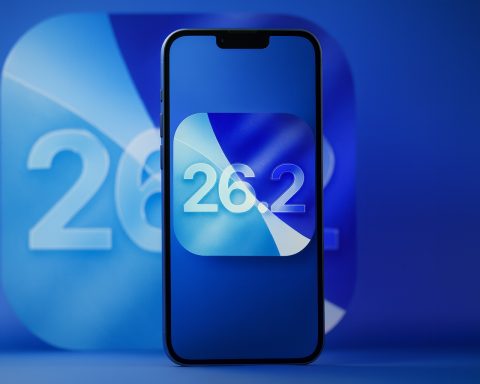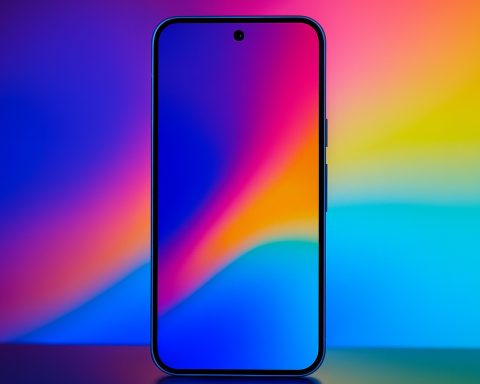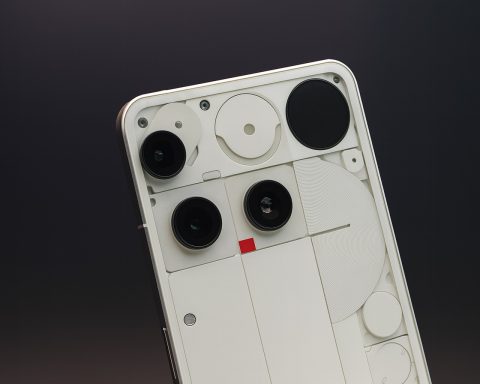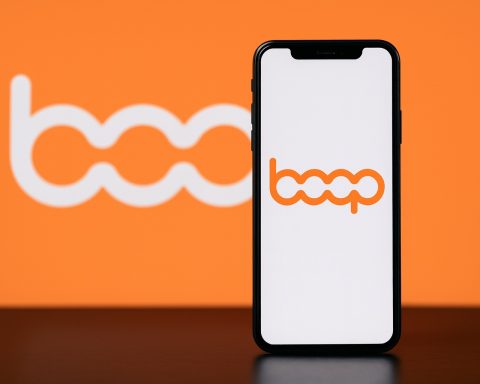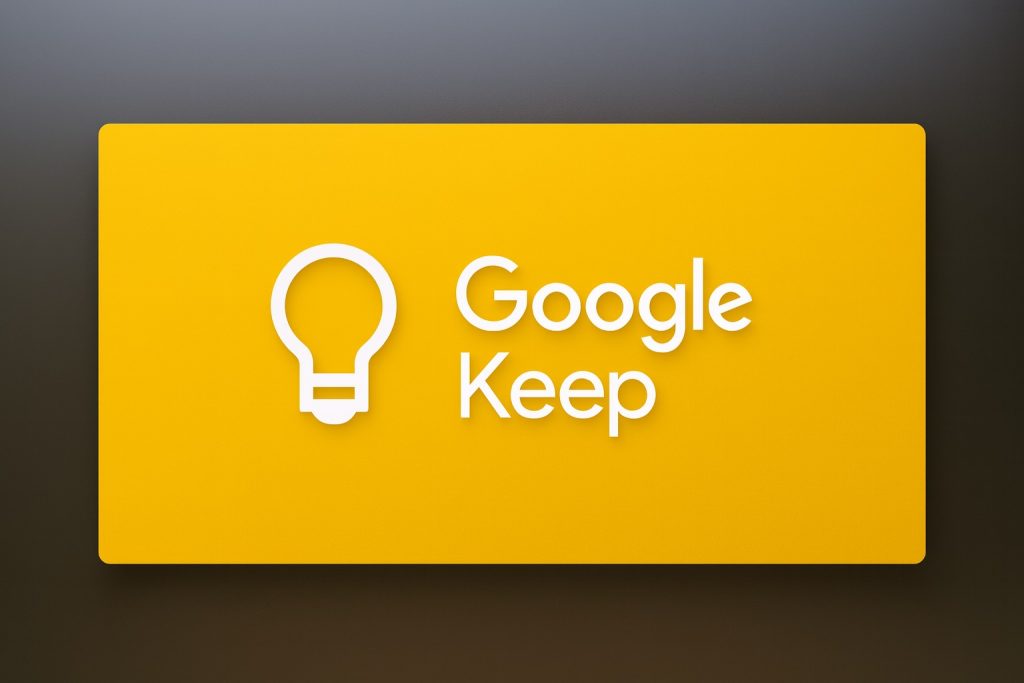
Uživatelé Google Keep ohromeni novou aktualizací připomínek – Google Tasks přebírá kontrolu
Dlouho očekávaná integrace Po léta působily Google Keep a Google Tasks — dvě z nejznámějších produktivních aplikací Googlu — podivně nepropojeně, přestože měly překrývající se účel. Google Keep je oblíbená aplikace na poznámky, která uživatelům umožňovala nastavovat časové nebo místní připomínky u
